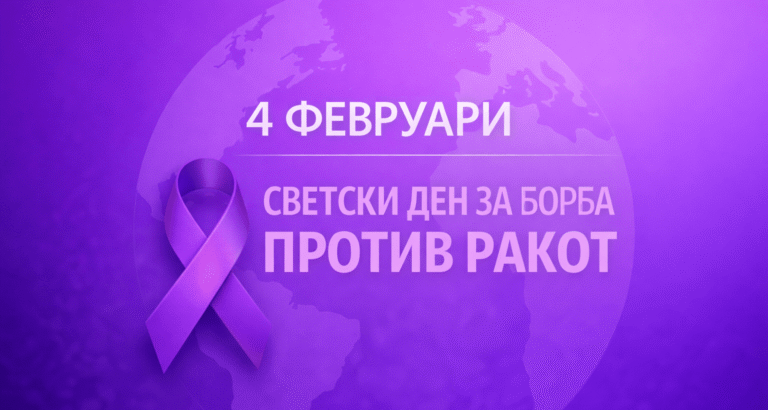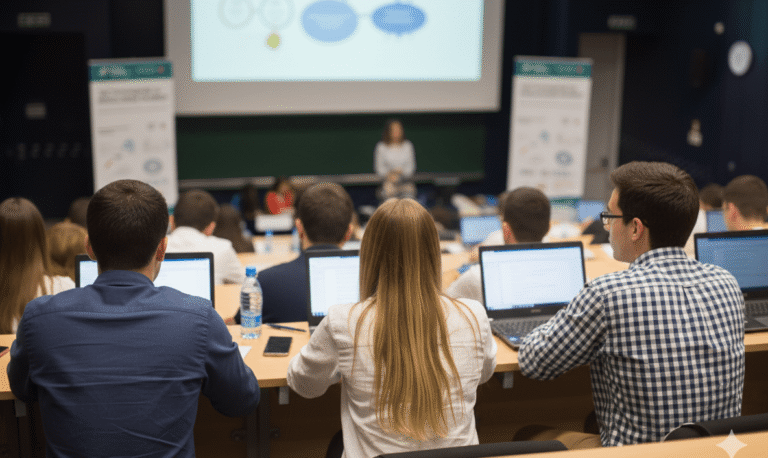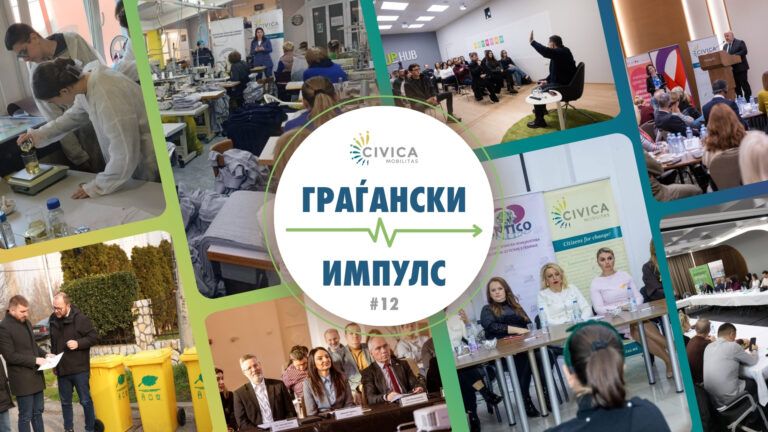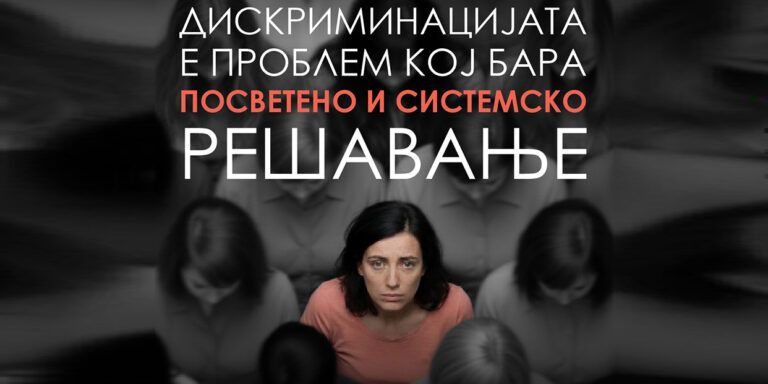“If We Do Not Take Care about Public Money – Who Will Do It instead of Us?” – Ask the Young People from the Southeast
“Nobody has explained us so far why it is important to have a personal budget, and even less how to do it. This was quite useful and understandable”, said one of the young participants at the info-session for personal finance in Strumica. This simple, but deeply honest statement perfectly depicts the essence of the project “Youth Network for Financial Literacy in the Southeast”, which is implemented by the organizations Promo Idea and Novus from Strumica, and Kruna Plus from Radovish. Supported by the Swiss Government via Civica Mobilitas, the project enabled the young people from the region not only to learn how to manage the personal finances, but also to understand the public finance and become more aware about the impact that corruption has on their future.
The research on financial knowledge and skills of the young people aged 18-29 in the Southeast region, conducted at the very beginning of the project revealed information that confirm that this topic was to be tabled long ago. Almost 30 percent of the young people admitted that they do not keep any records of their monthly expenses, which indicates a striking need of practical education and capacity building related to rational management of personal finances. These figures were translated into contents, events and areas for questions and dialogues, especially when it comes to the topics that are still rarely open in the formal education, such as pension funds, taxes, personal savings and responsible budgeting.

One of the key activities was the debate “Who Pays the Pensions?”, which took place in Strumica. For the first time, the young people had the possibility to hear and speak about the three pension pillars and about the importance of personal savings. “I didn’t know that there was a voluntary pension fund as well. Now I see that I need to think about my future in time”, said Mitko Ninov, one of the participants in the debate. His reaction was just one of the many that showed that the young people were eager to know something of practical value.
In Radovish, the conference “Financial Literacy for the Young People” gathered more than 30 participants, including representatives of local self-governments, organizations and businesses. They spoke with financial advisors, officials and entrepreneurs on topics such as: how to make a personal budget, what should one know when taking a loan, how the digital finance tools function and why it is important to distinguish disinformation related to financial decisions. “I have learned how to make a monthly budget and how to recognize unfavorable loan conditions”, shared Martina Gazepova from Radovish.

The info sessions, on the other hand, were envisaged as interactive discussions where the young people asked themselves a number of questions: “Where does my money go every month?”, “What does it mean to save?”, “Shall I choose a mobile application to monitor my expenses and how?”. The responses led them to something more than knowledge, they rather encouraged them to take the responsibility for their own decisions.
“Young people want to learn, to get involved in new initiatives and be part of the decisions and solutions that are made at local level. Via their direct and interactive involvement, the project has contributed to financial literacy, raised the awareness about strengthening the skills for critical thinking and stimulated the interest in civic engagement”, says Marjan Dimov from Promo Idea.

The project aims to create a lasting, informal network of young people (regional hub) – EduFin Hub, which will connect them with experts, institutions and among each other. It will be a source of support, inspiration and knowledge, and it will grow into a space where the young people can initiate changes in their communities, with a special focus on how the local and public finances influence the social development and Euro integration of the country. “The founders and first participants will be the three partner organizations, and in order to contribute to network sustainability, at the end of the project a guide for maintaining and developing the Youth Network. Apart from the guide, the youth network will also survive because of the initiative of the partners to have regular communication, annual meetings, as well as implement new initiatives and projects in the area of financial know-how and financial literacy in the region and in the country. The young people who were already part of the trainings, as well as some of the experts/trainers will be invited to participate in the network”, adds Dimov.
According to him, although the young people are digitally literate and they use technology, they miss basic knowledge about public finances, the role of the institutions, but also daily management of personal money. “Now we see a real desire to learn something more about loans, saving, inflation and pensions. The trainings that follow will cover around 70 young people directly, but indirectly, the impact will be even bigger”, adds he.

In the next phase, there are trainings for managing public and local finances, dealing with corruption, and researching the connection between managing public money and Euro integrations. There are two more regional events planned in Strumica and Gevgelija/Dojran.
This project is a proof that when the initiatives are born locally and supported by vision and field work, they create a real value. Not only on paper, but also in daily lives. The young people slowly become financially informed, independent and involved citizens, capable of making responsible decisions and follow the path to sustainable economic security. When the young people themselves ask: “If we don’t care about public money – who will do it instead of us?”, then we know that something important has started to change.







![Sre]ni praznici(2)](https://civicamobilitas.mk/wp-content/uploads/2025/12/sreni-praznici2-768x432.jpg)
